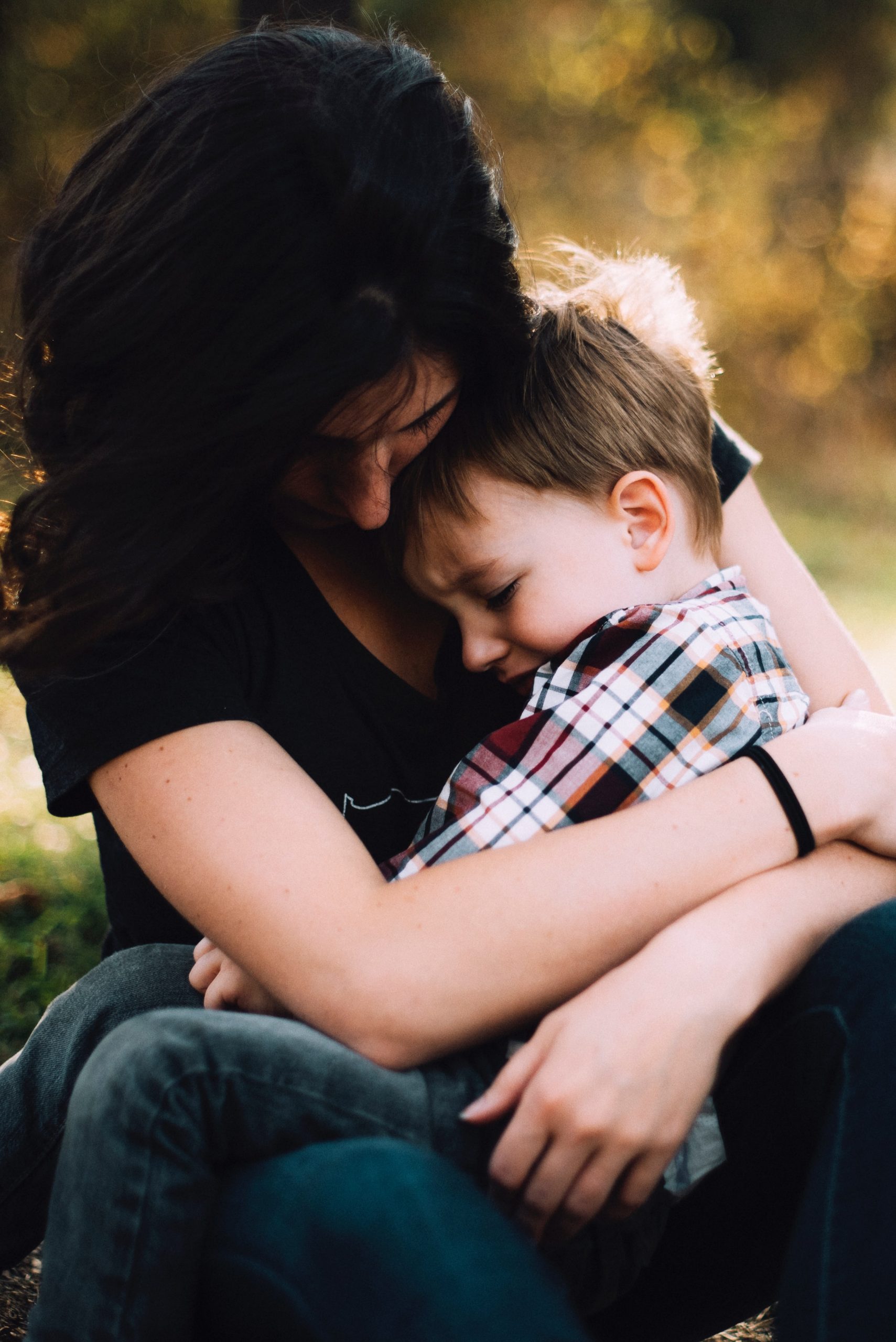There is no doubt that we are living in unprecedented times, especially now that we have approached one year since COVID-19 arrived to the US. This virus has required us to adjust to so many things at once: uncertainty, constant change, fluctuating emotions and, unfortunately, how to cope with the loss of loved ones, friends, and family. For many adults, death is an unfortunate concept we have had to come to terms with at some point in our lives. However, with children experiencing the devastating effects of COVID-19 every day, death has become an unavoidable topic. The intense grief these young children have felt because of the loss of an immediate or extended family member can be especially difficult for them to process, especially if parents have not had the difficult conversation of explaining what death is and the painful emotions associated with it. My hope for this article is to provide support to parents and caregivers by outlining relevant information to keep in mind when helping their child process grief and loss during this pandemic.
Explaining Death to Your Child
First things first is to tell the truth and be honest with your child, but in an age appropriate way. Children do not need to know every detail of how their loved one died, but it is important to provide essential facts about what happened. Children may also need an explanation of what death is and explaining this process using clear language is key. Everyone may explain death differently, but it is important that you do not use euphemisms, like ‘passed away’ or ‘left us’, because it can leave room for confusion about the permanence and finality of death.
Death Triggers Many Feelings
Death can bring up many different emotions for children and grieving a loved one does not look a certain way. Some may cry or be filled with anger, while others may be silent or feel scared. However your child chooses to grieve, it is important that you encourage self-expression and allow them to feel and experience their grief. Experiencing anger, sadness, or any other type of feeling is a part of coping and allows your child to process this painful, but real aspect of life.
Coping with Death
Reassurance and continuation of positive experiences can help your child move forward in their grief process. Your child may be worried or scared what might happen to them or other members of your family because of this experience, but reassuring them about the precautions that you are taking to keep everyone safe is important. Resuming fun and enjoyable activities can help support your child’s adjustment, letting them know that life will continue and it is perfectly acceptable to laugh and have fun even during the grieving process. Because COVID-19 has made it difficult to say goodbye to loved ones due to social distancing protocols, it is helpful to find alternative ways to thoughtfully remember the person who died, such as a virtual gathering or the participation of a family ritual.
Books for Children Experiencing Grief
Books are not only a wonderful resource to help parents and caregivers explain what death is in an age appropriate way, but also a gentle story can provide comfort to children who have experienced loss.
- The Invisible String by Patrice Karst (Ages 3-8)
- A Terrible Thing Happened by Margaret M. Holmes (Ages 4+)
- I Miss You- A First Look at Death by Pat Thomas (Ages 4-8)
- When Dinosaurs Die by Laurie Krasny Brown and Marc Brown (Ages 6+)
- Tear Soup by Pat Schwiebert and Chuck Deklyen (Ages 8-12)












